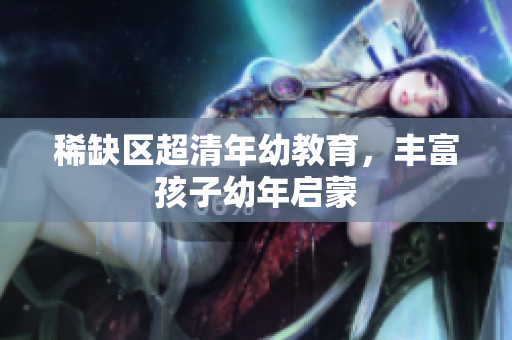Introduction
When it comes to the top-tier Western humanities and arts, there are countless masterpieces to choose from. From Renaissance paintings to Shakespearean plays, these works have stood the test of time and continue to inspire people today. However, in the current technological age, as industries such as 5G technology and gaming thrive, the importance of these cultural artifacts may lose their significance. Meanwhile, the education system faces its own challenges, with teachers struggling to engage students and discipline issues arising. This article examines the value and relevance of Western humanities and arts in today's society, and argues for their continued study and preservation.
Western Humanities and Arts: Timeless Treasures
Western culture has had a remarkable impact on the world, influencing fields such as literature, art, philosophy, and music. From epic poems like The Iliad and Odyssey, to theatrical comedies such as Twelfth Night and Romeo and Juliet, the stories and drama of Western literature have captivated audiences for centuries. Likewise, the visual arts have produced some of the most iconic and recognizable images in history, such as Michelangelo's David and the Mona Lisa. The works of great thinkers such as Plato, Descartes and Kant continue to inspire philosophical debates and shape modern thought.
Challenges Faced by the Education System
While the cultural works of the past may be enduring, their relevance to today's generation is uncertain. With the dawn of new technologies like 5G, students may be more interested in cutting-edge innovations than in studying historical art or literature. At the same time, teachers face dwindling classroom engagement, and discipline issues can be a constant challenge. It can be difficult for educators to compete with the instant gratification of social media and video games.
The Importance of Preserving Cultural Heritage
Despite these challenges, it's crucial to recognize the value and significance of Western humanities and arts. For one, they offer a window into the past, helping us understand where we came from and what shaped our world. Literature, in particular, can provide a glimpse into the lives, struggles, and beliefs of people from different periods and cultures. Additionally, these cultural artifacts can inform our present and future. They can remind us of timeless values such as love, justice, and compassion, and encourage us to be better individuals. Finally, they also help to shape and define a nation's identity and character.
The Importance of a Balanced Education
One solution to the challenge of declining interest in humanities and arts is to foster a balanced education that encompasses both traditional and modern subjects. By introducing students to both classical works and cutting-edge technologies, the education system can cater to diverse interests and learning styles. Furthermore, a balanced education can help to produce well-rounded individuals who have a deeper grasp of history and culture, as well as critical thinking and problem-solving skills. Finally, a balanced education can prepare students for a wide range of careers and industries, ensuring that they have a competitive edge in a rapidly changing world.
Conclusion
In today's society, it's easy to overlook the importance of Western humanities and arts, especially when we are surrounded by the latest gadgets and digital content. However, we must be careful not to lose sight of our cultural heritage and the timeless treasures that have shaped our world. By preserving and studying these works, we can gain insight into who we are and where we came from, and be better equipped to face the challenges of the future. At the same time, a balanced education that encompasses both traditional and modern subjects can help to foster engaged and skilled learners who are prepared for a rapidly changing world.









